Блог
-

Inorganic Fertilizers For Crop Production
Most nutrients needed by plants are supplied solely by soil. Insufficient supply of any of these nutrients may limit plant growth. In natural conditions, nutrients are recycled from plants to soil to meet plant needs. However, agricultural crops may require more nutrients than natural vegetation.Significant amounts of nutrients are also removed in harvested crops. Optimal crop growth and profitability may require fertilization with inorganic fertilizers, animal manures, green manures, or legume management. This publication concentrates on commonly used inorganic fertilizers important in improving plant growth.Читать далее -
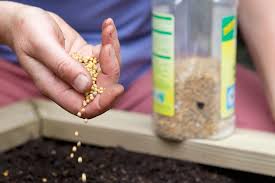
How too much and too little fertiliser affect your plant growth
Ensuring an optimal level of nutrient is vital to maximize crop yield, and by extension, profitability. Too little fertiliser or nutrients available for crops limits the plant growth. Alternatively, too much fertiliser prevents the crops from taking up water through their roots, as they rely on osmosis to do it. Over-fertilisation increases the concentration of dissolved solids to the point that water flows out of the plants instead of into it, resulting in leaf burning or wilting, stunted growth and even death after a prolonged period. Furthermore, the excess fertilisers can leach into the farm’s surrounding, including groundwater sources and rivers, resulting in contamination or harmful algae blooms. When applying fertilizers, the plants and their root systems fare better when the level of nutrients stay consistent with minimal variation.Читать далее -

Fertilizer Labels: What N-P-K Numbers Mean
Beautiful turf needs the vigorous growth and deep color plentiful nitrogen supplies, so lawn fertilizers have an N-P-K ratio with the first number much higher than the other two. Soil usually provides enough phosphorus and most of the potassium healthy grass needs, so the numbers for those nutrients are low.Tasty tomatoes and other vegetables need nitrogen, too, but flowering and prolific harvests require more phosphorus and potassium. That's why the second and third numbers are highest in products such as Pennington UltraGreen All Purpose Plant Food 10-10-10.Flowering bulbs depend on phosphorus for healthy roots, so bulb fertilizers, including Lilly Miller Bone Meal 6-12-0, have a high middle number. Versatile fertilizers, such as Lilly Miller All Purpose Planting and Growing Food 10-10-10, deliver a balanced N-P-K designed for all-round garden health.Читать далее -
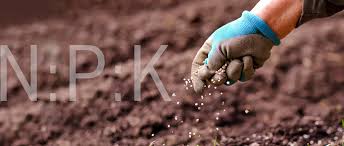
What Is NPK Fertilizer?
The letters "NPK" on a fertilizer label stand for nitrogen, phosphorus, and potassium, the three primary nutrients plants need to grow. The numbers on the label indicate the ratio (by percentage) of nitrogen, phosphorus, and potassium in the fertilizer container.Читать далее -
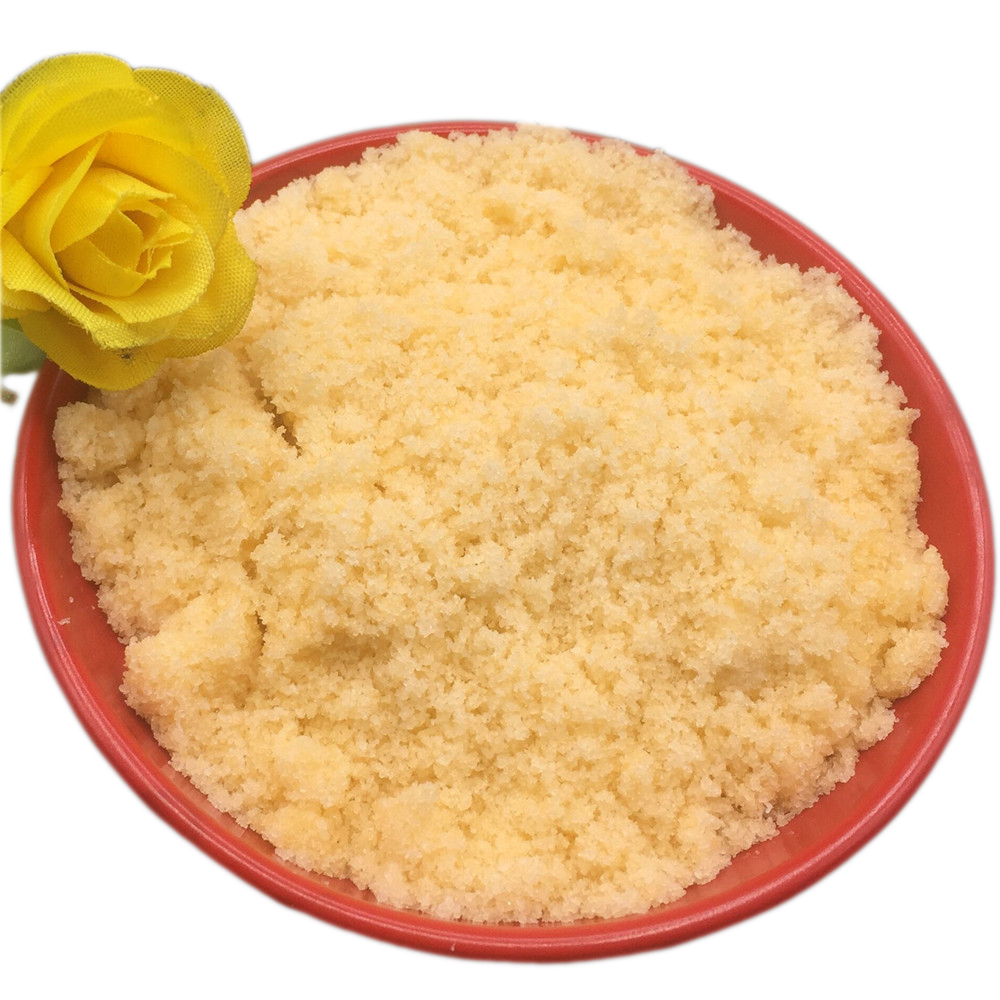
Understanding Fertilizer NPK
If you're new to the world of gardening, or perhaps you're a houseplant lover who recently realized your babies need food too (not just water and sunlight!), you may be feeling a bit confused about the topic of fertilizers and choosing an NPK ratio that's right for your plants. Too much or too little fertilizer can devastate plants, so it's essential to understand how to choose fertilizer for your garden or crops.Читать далее -
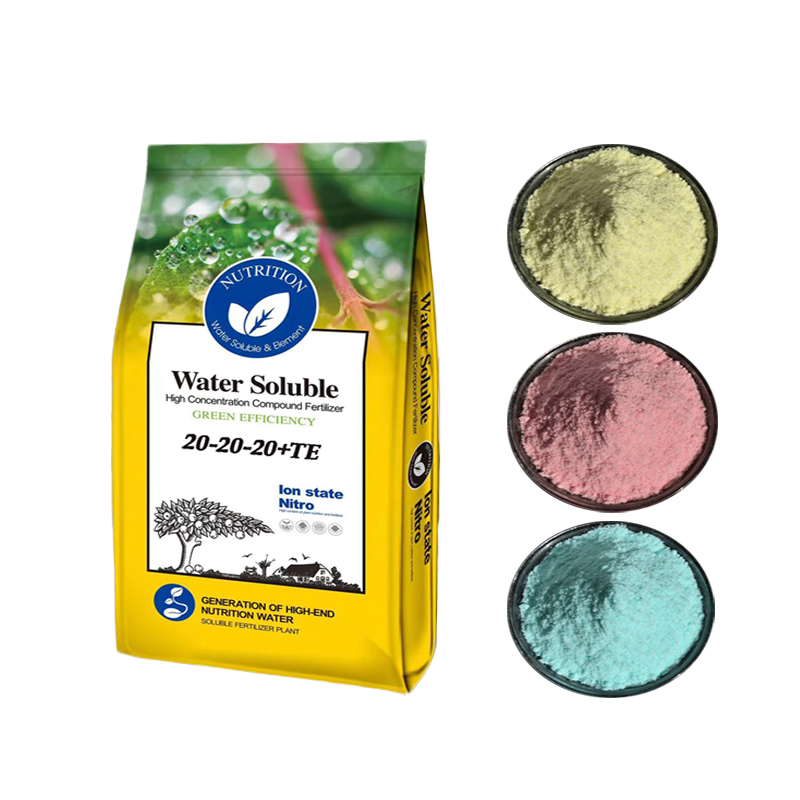
Understanding the Impact of NPK on Crop Health and Productivity
In conclusion, the impact of NPK on crops is immense, as these three nutrients play a vital role in plant growth and development. Balanced NPK in the soil can significantly enhance crop yield and quality. Modern tools such as soil sensors and soil NPK sensors are instrumental in managing soil health and optimizing crop productivity. By providing accurate, real-time data about the soil’s nutrient levels, these sensors enable farmers to make informed decisions about fertilization, contributing to more sustainable and cost-effective farming practices.Читать далее -
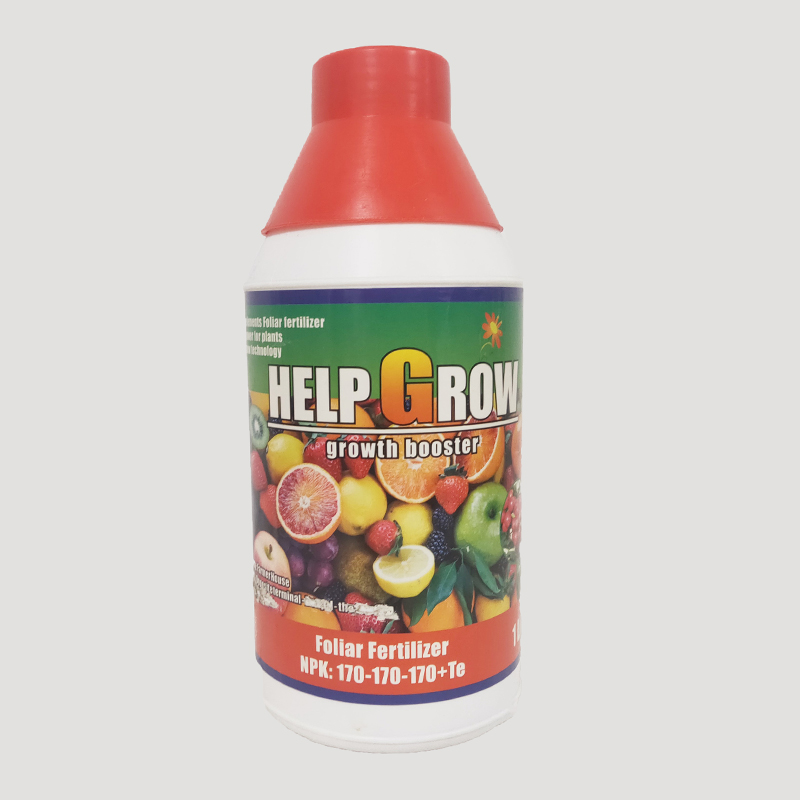
NPK: What is it and why is it so important?
Romke Postma is working as a senior project manager and soil fertility expert at NMI-Agro, a soil research agency working closely with AgroCares. SoilCares (now part of AgroCares) recently launched the SoilCares Manager app, which enables advisors to test the NPK levels in soil. But what is NPK? And why is it so important? In this new blog Romke explains the importance of these nutrients for plants and crops.Читать далее -
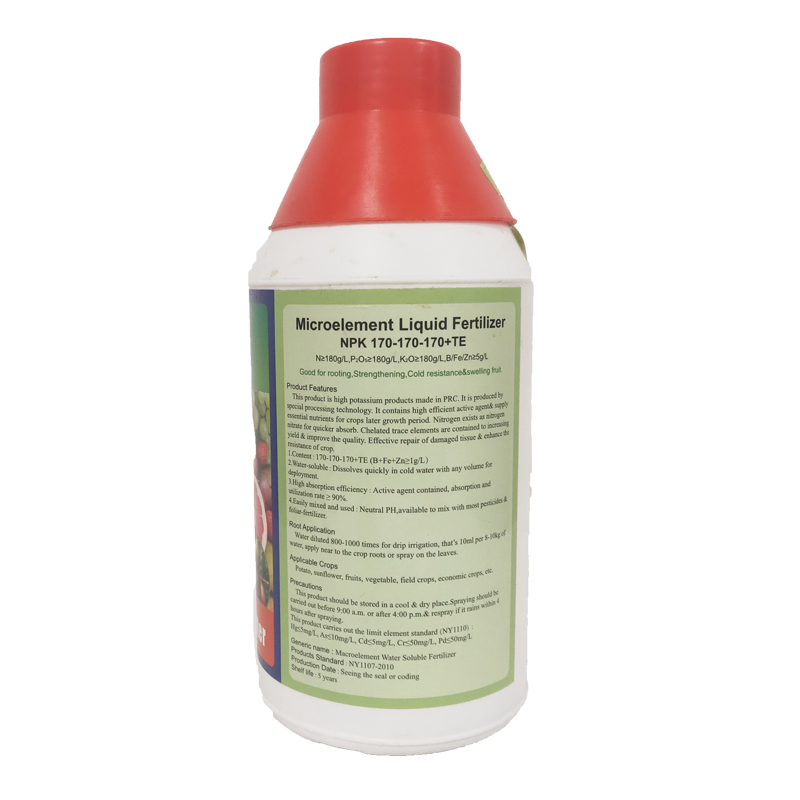
Potassium for crop production
Potassium (K) is an essential nutrient for plant growth. It’s classified as a macronutrient because plants take up large quantities of K during their life cycle.Minnesota soils can supply some K for crop production, but when the supply from the soil isn’t adequate, a fertilizer program must supply the K.Here, we’ll give you a basic understanding of K, including plants’ K nutrition, how it reacts in soils, its function in plants and its role in efficient crop production. In addition, you’ll find information about soil tests, K sources, predicting potash needs and effectively applying K to your fields.Читать далее -

Why Are Nitrogen, Phosphorus, and Potassium in Plant Fertilizer?
Look at the label on any fertilizer package, and you'll see three numbers separated by dashes, which correspond to the amounts of primary nutrients in the product. For example, one with three of the same number, 4-4-4, is called a "balanced" fertilizer because it has equal amounts of the Big 3 N-P-K (always shown in that order). A container of tomato food ($12, The Home Depot) might be labeled 2-5-3, which indicates higher amounts of P and less N and K. Why do these levels matter, and what do nitrogen, phosphorus, and potassium do for plants anyway? Here's what you need to know.Читать далее

